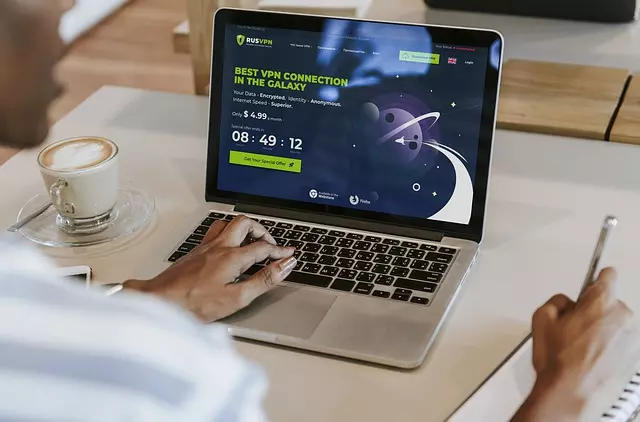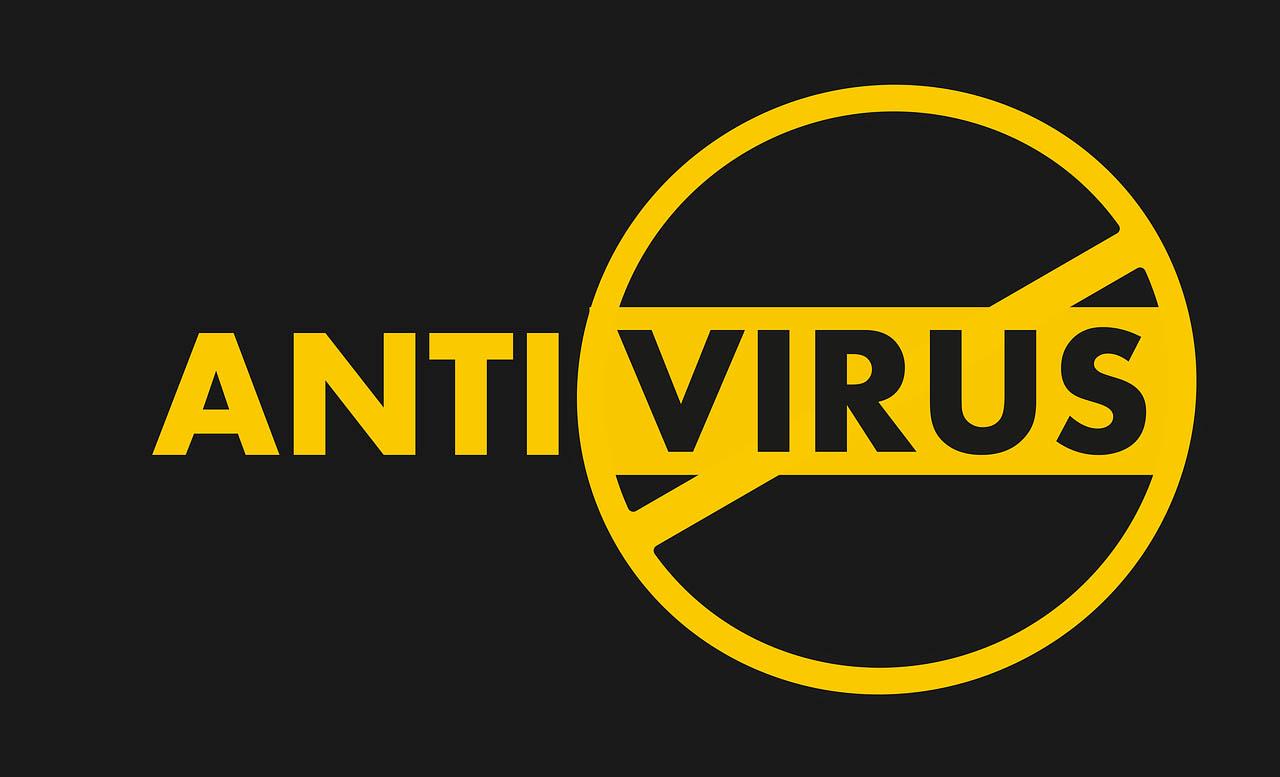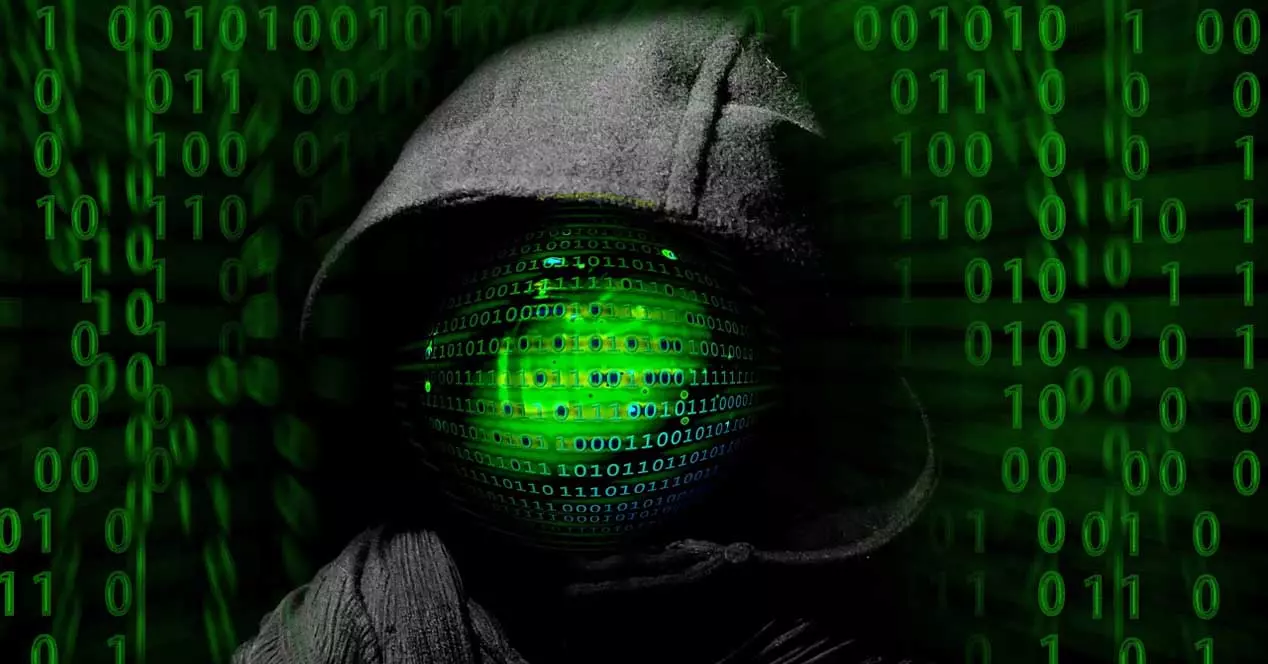
Users are increasingly aware that we must protect our privacy. Every time we enter the Internet we leave a trail in the form of a digital footprint. This information is collected by companies to then deliver targeted advertising, by our Internet provider or ISP, and also by governments. In this aspect, thanks to the information collected, they can create a fairly approximate profile of us. Today the best way to achieve that anonymity would be to use a VPN. However, we must be careful when choosing ours. In this article we are going to talk about the bad VPNs that you should avoid to protect your anonymity.
Although it is true that it is advisable to use a VPN because it provides us with greater privacy, it is not always convenient. Reality tells us that we should not use just any. In the case of wanting to use one of the bad VPNs, the remedy could be worse than not using any. Now we go with a series of indications to take into account.
What factors make them bad VPNs
Now we are going to address a series of factors that we must pay attention to and for which we will see that not all are the same and that there are bad VPNs.
VPN based on country of origin and activity log
When connecting to a vpn must have account your location. In that aspect we should not connect to a VPN server that is in the following locations:
- USA, UK, Canada, Australia and New Zealand (5 eyes countries).
- France, Norway, the Netherlands and Denmark (countries of the 9 eyes).
- Germany, Spain, Belgium, Italy and Sweden (countries of the 14 eyes)
The reason is that the governments of these countries spy on their citizens and those of others. On the other hand, they also exchange that intelligence with each other or enable and encourage surveillance in some way.
At the moment we are connected to a VPN all our traffic is routed through that VPN server. It should be noted that some hold a activity Register minimum as the IP from which you connected and the time of your connection. Worryingly, though, bad VPNs keep full track of visited websites, used apps, and more.
The lack of OpenVPN and the terms of service
VPNs can work using many protocols like L2TP and PPTP. However, some of the ones that are used can become bad options for privacy. In this aspect, the OpenVPN protocol is one of the best that we can use because it is open source and offers the strongest traffic encryption.
On the other hand, the terms of service of a VPN will describe what we can expect as a user, indicating what is prohibited, what is recorded and what is not. Here we should pay attention to:
- If they record something related to our connection such as the IP.
- In case they do not block accounts, it is very possible that you do not have records.
- If they claim that they can block accounts without registering information and there is no clear answer, we must assume that there are registers.
Information leaks, free VPNs and the lack of anonymous payment
VPN clients can be better or worse when it comes to information leaks. Therefore, we must check this periodically by means of so-called leak tests. To give some examples we could use IPLeak and DNS leak tests. The free VPNs its use entails many risks. These services must pay for servers and bandwidth in some way. Therefore they must generate income in another way, and this is often done by selling user information.
Another thing to check is whether it allows anonymous payment since with a credit card or PayPal account they could reach us. Payment with cryptocurrencies such as Bitcoin would not leave a trace. Thanks to these points that we have discussed, they can help us distinguish bad VPNs in relation to a series of criteria.
What are some of the VPNs we should avoid
Now it’s time to mention the bad VPNs you should avoid:
- Hola VPN: It was found to turn its users’ PCs into exit nodes, allowing other Hola users to route their traffic through these nodes. A service that should never be used.
- HotSpot Shield because it intercepted and redirected traffic to partner websites, including advertising companies.
- Facebook Onavo VPN, was incorporated into Facebook for mobile applications and was actually the Onavo VPN that it acquired in 2013. In this case, it collects our mobile traffic data to improve Facebook products and services.
- Zenmate, in a test it was revealed that it suffers from IP leaks, that means that it could reveal your identity even when using the Internet with a VPN connection.
- VPNSecure IP leaks and DNS leaks were found in the service.
- Opera VPN, free despite the name, is more like a web proxy. In addition, Opera collects usage data that may or may not be shared with third parties.
- HideMyAss thanks to activity logs a hacker was prosecuted.
- PureVPN, despite PureVPN’s no-logging promise, maintains enough information to be able to identify a defendant when cooperating with legal authorities.
In summary, with this you already have some guidelines with which you can discern which are the bad VPNs and you will be able to choose one with good criteria.




